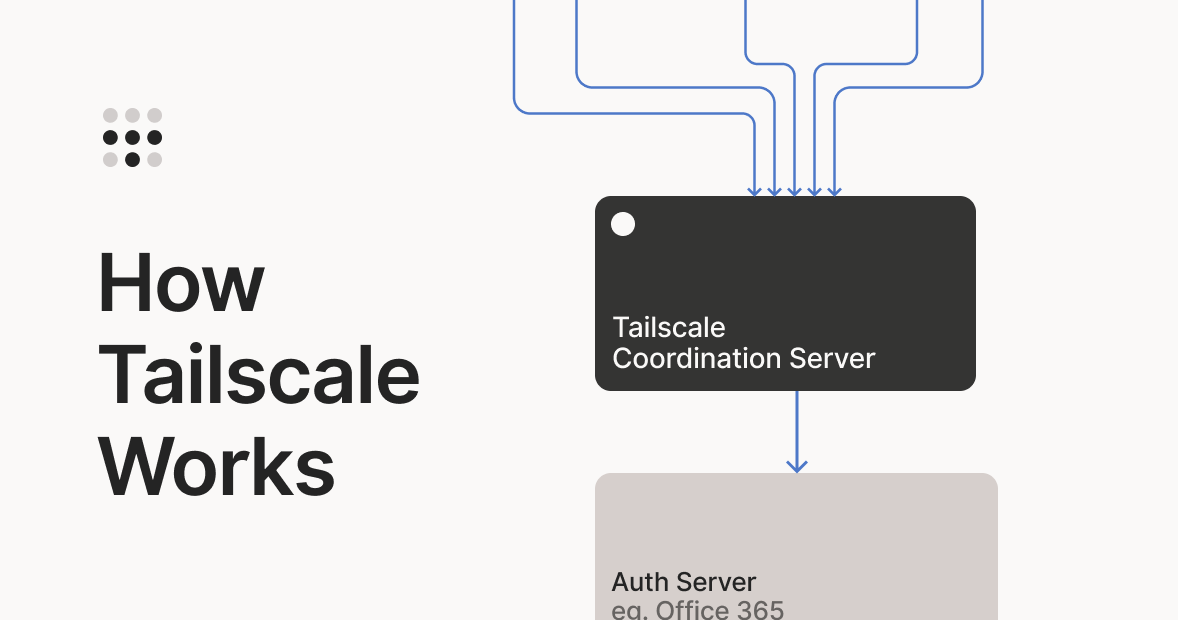beastobadness
New Around Here
I am not one to worry about port scanning because I believe in my routers security and it keeps me sane. Don't dwell on it because it's just an everyday thing, right?
So I have happened to look at my Skynet stats and checked the general log this morning and shhheeeet!, this is very unusual for me but for approx 2 days someone has/is knocking hard.


And yes, I did check the IPs against Alienvault and Abuseipdb. Think they have something to do with the 'stuff' happening in eastern europe? Any one else being hit like this?
(Sorry if I have dropped this in the wrong place Mods, please feel free to move it)
So I have happened to look at my Skynet stats and checked the general log this morning and shhheeeet!, this is very unusual for me but for approx 2 days someone has/is knocking hard.
And yes, I did check the IPs against Alienvault and Abuseipdb. Think they have something to do with the 'stuff' happening in eastern europe? Any one else being hit like this?
(Sorry if I have dropped this in the wrong place Mods, please feel free to move it)
Last edited:





